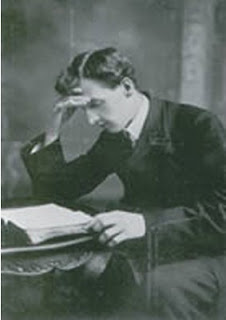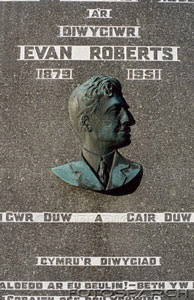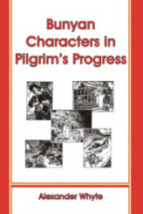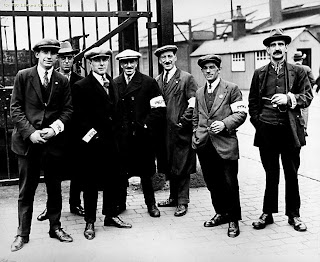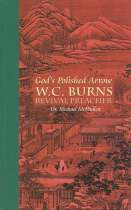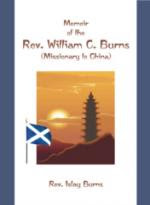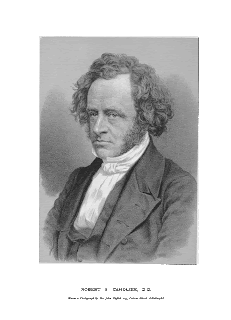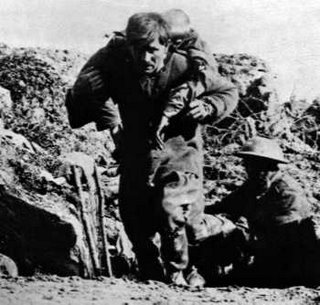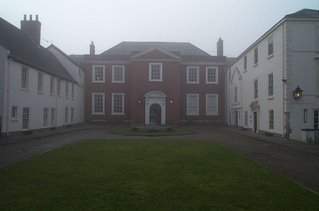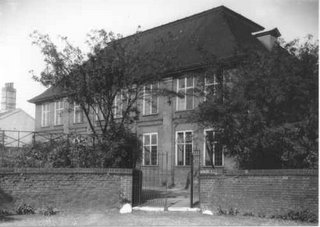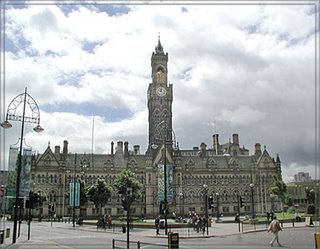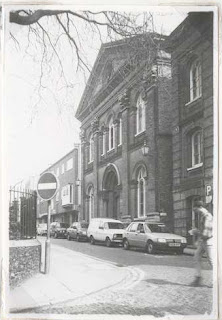
Princes Street Chapel today
Dr. John Alexander began his ministry in 1817 and died in 1868. Can we learn from a man who lived so long ago? Those who read this blog regularly know that we answer emphatically yes!
So what can we learn?
1. A godly heritage is an excellent thing. John Alexander is an eminent example of this, seeing that his father was known as 'the Lancashire Apostle.' Yet William Alexander did not neglect his family. He was a pastor to his son, as well as to his congregations. More, he was a father with a real concern for his children.
2. The need of a true conversion. John Alexander actually got into a fight about the truth when he was a boy, but he had no heart knowledge of it. Mere intellectual knowledge may make a bigot, it cannot make a Christian.
3. The centre of a true Gospel ministry is the Lord Jesus Christ Himself. John Alexander was guided by his father's advice in this. When the man they called the Lancashire Apostle wrote, "I say, John, preach Christ. Don't say Christ is not in the text; He is in the Bible; that will do. Put man down, put Christ up," he set the note for a lifetime's ministry that built a thriving, working, missionary Church. No other message will build a church. It may bring people together, it may do a lot of things, but it cannot build a Church of the Living God. Both William and John Alexander saw this and laboured to preach 'Christ and Him crucified.'
4. The importance of Church order. The Tabernacle was wrecked because there was no clear church order, and so two competing claims could arise concerning the right to elect a pastor. John Alexander saw the need for church order and insisted that any church he pastored must have a clear structure of authority. He was also persuaded of the congregational system. A proper church order in the constitution of a local church will be a check on the ambitions of the few.
5. God knows our path, we do not. When he was in the Hoxton Academy John Alexander saw his future as the pastor of an existing church, yet he was in fact called to found a church and to build it up practically from the ground. It was the last place he would have seen himself, yet that was what happened!
6. Independency is not isolationism. John Alexander believed fervently in independency. When he founded Princes Street he could have chosen a Presbyterian model of Church government, but he felt that Independency was the Biblical model. Yet he cultivated relations with the other Reformed churches in the city, the Particular Baptists and the Old Meeting. Later in life he was a member of the Congregational Union. Yet all of his formal inter-church relations were on the basis of truth, not of feelings. All were strictly voluntary. Incidentally this decision for the truth meant that Kinghorm would not allow Alexander to partake of the Lord's Supper, yet viewed him as once of his closest friends.
7. The importance of young pastors having fellowship with older, more experienced pastors. When he first came to Norwich Alexander was mentored by Joseph Kinghorn. Later he would mentor Kinghorn's successor. His co-pastors were all welcomed into the family, and pastored by the senior pastor. The 'Paul and Timothy' relationship he had with Mr. Prout is another example of this.
8. A healthy church is a working church. There were no non-workers in Princes Street in Alexander's day. The church young people assisted in Sunday-schools, and there were intensive efforts to reach out with the Gospel. Young men who evidenced preaching gifts were encouraged to excercise them. The church is an army, and there are no spectators in an army.
9. A love of the Gospel ought to lead to philanthropy. Dr. Alexander's greatest concern was always for the Gospel, but that did not prevent him from involvement in practically every charitable and philanthropic project in the city. It was Christian men like him, not Deists or Unitarians, who led the call to abolish slavery. Christians ought to be the greatest supporters of charitable causes, where those causes do not compromise the Gospel.
10. The true servant of Christ will be tried. The financial situation of the church was always a worry to Dr. Alexander, and when the debt was finally paid off he was a happy man. The Tabernacle controversy was another major trial to him. Yet in all these things he was more than a conqueror through Christ.
11. Calvinism is no bar to evangelism. John Alexander swerved not one inch from the Calvinism of the Westminster Shorter Catechism, and thousands were converted through his ministry. He planted two churches in the Norwich suburbs, and his church sent missionaries to foreign fields. William Alexander was a flaming preacher, whose ministry was blessed to the conversion of thousands, and he was the man who taught John Alexander his creed. Both of these men saw that Calvinism and evangelism go together.
11. Finally, John Alexander was not a remarkable man. He had a remarkable Saviour. And that Saviour is my Saviour. Is He yours? As J. J. Gurney would tell us, "Praise the Master, not the servant." And praise the Master by turning from sin to serve Him.
What happened at Princes Street after Alexander? Well, they called another pastor, G.S. Barrett. But Barrett faltered on the question of inerrancy. The church is a URC now, and quite liberal. I have only once been to a service there, and once was enough. The minister (not the present one, but his predecessor) said that 'Christians ought to reverence Mohammed more.'
Write 'Ichabod' upon the doors. The Glory has departed. But Christ still lives today, and He is still preached in Norwich.
Labels: John Alexander
 As I was returning to Cardiff this afternoon, I had to wait in the CoachStation at Victoria, a singularly unpleasant place. There someone stole my laptop case. This annos me greatly as, among other things, it contained the secon d volume of the works of Thomas Brooks (including 'Heaven on Earth', which I had only just started.
As I was returning to Cardiff this afternoon, I had to wait in the CoachStation at Victoria, a singularly unpleasant place. There someone stole my laptop case. This annos me greatly as, among other things, it contained the secon d volume of the works of Thomas Brooks (including 'Heaven on Earth', which I had only just started. 